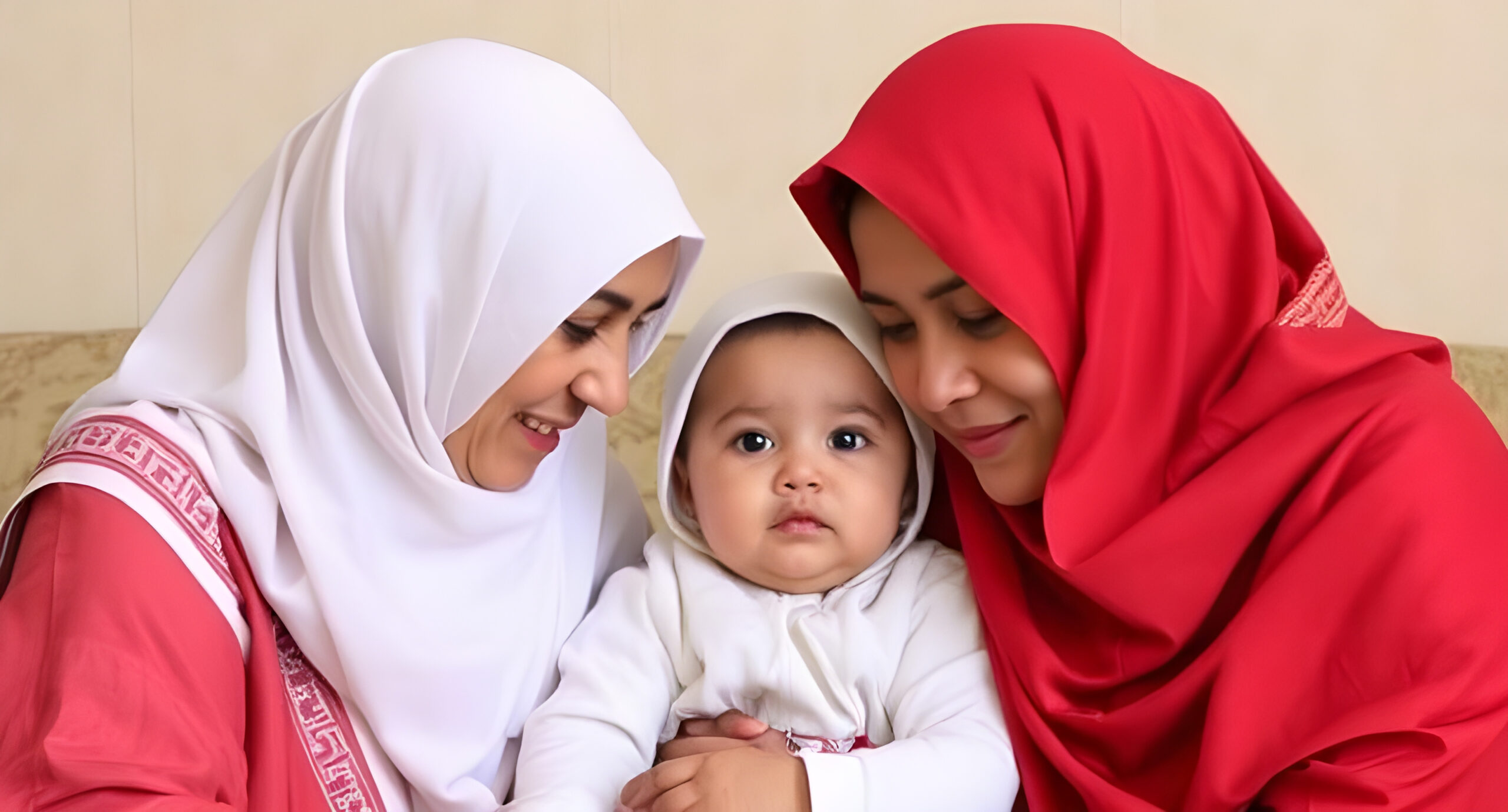In the UAE, recent legal reforms have significantly impacted the rights of unmarried mothers, particularly those in relationships with Muslim partners. A case in point is that of Jen, a non-Muslim expat who gave birth to a baby boy out of wedlock in January 2024. Despite living with her Muslim partner since February 2023, Jen is concerned about her partner potentially seeking full custody of their child in the future. This situation highlights the complexities faced by unwed mothers in the UAE, where Sharia principles influence family law.
Legal experts in the UAE emphasize that the country’s courts prioritize the welfare of the child in custody disputes. According to Article 146 of the Personal Status Law, mothers are generally favored for primary custody due to their natural familial connection and custodial responsibilities. However, the law also respects religious and cultural requirements, which can influence custody decisions when one parent is Muslim. Non-Muslim mothers can retain custody beyond the age of five, subject to court approval, reflecting a shift towards prioritizing the child’s best interests.
The UAE’s legal framework allows for unmarried mothers to secure their rights through well-structured legal approaches. Mothers can protect their children from potential abduction by registering travel restrictions, maintaining possession of the child’s passport, and documenting all agreements. Establishing formal custody arrangements can also help prevent future conflicts. Despite these protections, unmarried mothers often face challenges, including financial dependency and the potential for custody disputes. Legal experts advise documenting parental responsibilities and financial contributions to support their case in any legal proceedings.
The UAE’s family laws have evolved to decriminalize consensual relations outside of marriage and provide provisions for unmarried parenting. This shift aims to protect the rights and dignity of every child, regardless of their parents’ marital status. While challenges remain, the legal system increasingly supports the rights of unmarried mothers, ensuring they can secure a stable future for their children.
In custody battles, courts consider factors such as financial capability, moral character, ability to provide care, religious upbringing, and stability of the home environment. The father’s role as a natural guardian involves financial support and sponsorship, while the mother provides essential nurturing and care. Joint custody is also an option, though it requires cooperation between parents to avoid negative psychological impacts on the child.
Overall, the UAE’s legal landscape offers unmarried mothers significant protections and opportunities to secure their rights and their children’s well-being, even in complex situations involving Muslim partners.





